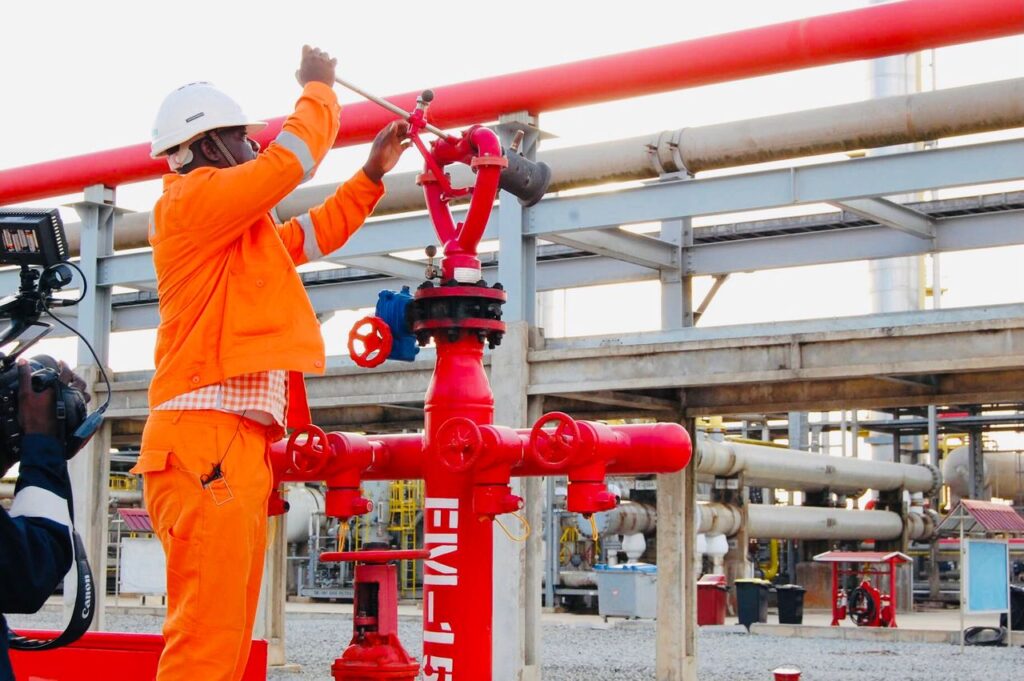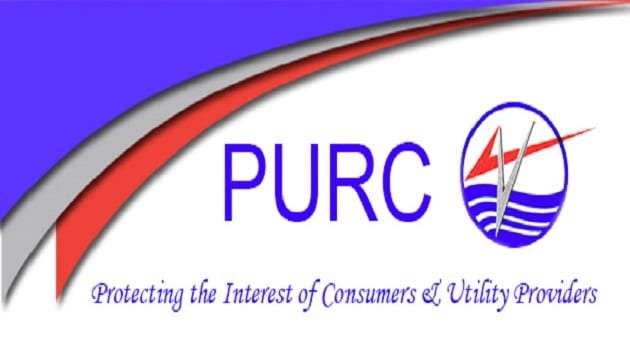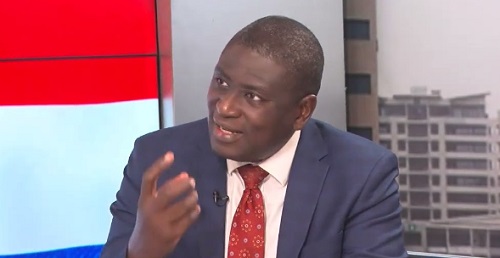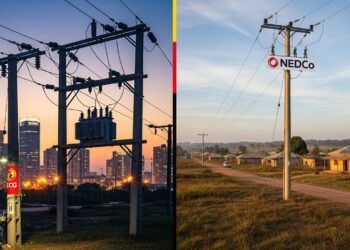The Institute for Energy Policies and Research (INSTEPR) has raised significant concerns over what it describes as an unprecedented move by Ghana’s Finance Minister regarding the Weighted Average Cost of Gas (WACOG).
This key metric, which plays a central role in determining electricity tariffs, has become the subject of intense scrutiny following the Minister’s announcement of a revised price for natural gas.
Kwadwo Poku, Executive Director of INSTEP strongly criticized the Finance Minister’s decision to unilaterally set the WACOG at $8.45 per MMBtu, a revision that was captured in section 137 (iii) of the 2025 Budget Statement.
“For the first time in the 4th Republic, the Finance Minister announced a new price for natural gas, which is used in electricity generation.
“We found this very strange and unusual, especially considering that WACOG determination is the sole mandate of the Public Utilities Regulatory Commission (PURC).”
Kwadwo Poku, Executive Director of INSTEP
The WACOG serves as a critical component in determining electricity tariffs and has broader implications for cost recovery within Ghana’s power sector.

Any inconsistencies in its pricing could potentially distort financial planning and exacerbate existing liabilities in the energy value chain.
In light of these concerns, INSTEPR urged the Parliamentary Committees on Energy and Finance to summon the Finance Minister to clarify the rationale behind his statement.
The Institute believes that a thorough probe is necessary to assess the potential fiscal implications and ensure transparency in the decision-making process.
“The energy sector is already grappling with significant debt.
“Any misstep in the pricing of WACOG could have far-reaching consequences.”
Kwadwo Poku, Executive Director of INSTEP
The institute emphasized that respecting institutional mandates is vital for maintaining regulatory independence, investor trust, and public transparency in the energy sector.
PURC’s Tariff Review Contradicts Minister’s Figure

INSTEPR’s concerns appear to have been validated by the PURC’s latest tariff review, released on April 11, 2025.
In the review, the Commission announced a 14.75% increase in electricity tariffs but notably used a lower WACOG of $7.6289 per MMBtu—a reduction of $0.207 from the Minister’s proposed figure.
This discrepancy has raised questions about the basis for the Finance Minister’s announcement and its implications for the energy sector.
“The PURC’s decision to disregard the Finance Minister’s figure not only affirms INSTEPR’s position but also raises questions about the rationale behind the Minister’s announcement.”
Kwadwo Poku, Executive Director of INSTEP
At the heart of the issue is a matter of institutional boundaries and statutory mandates.
The PURC is the legally recognized body responsible for regulating utility tariffs in Ghana, including the computation of the WACOG based on market factors such as fuel prices, inflation, exchange rates, and generation mix.
The Finance Minister’s intervention, INSTEPR argued, may create confusion and fiscal misalignments within the energy sector, especially if revenue and subsidy projections in the national budget were premised on a gas price that lacks regulatory endorsement.

“If the PURC’s lower WACOG prevails, it could affect the government’s revenue projections from the energy sector.
“The question now is: who advised the Minister to announce a price outside the PURC’s remit, and will this discrepancy worsen the already precarious energy sector debt?”
Kwadwo Poku, Executive Director of INSTEP
The government’s own Energy Sector Recovery Programme (ESRP) hinges on accurate and realistic tariff components, including fuel cost projections like the WACOG.
A miscalculation or miscommunication could delay ongoing efforts to restructure sector debt, improve service delivery, and attract private sector investment.
As of press time, the Ministry of Finance has yet to officially respond to INSTEPR’s claims or clarify the rationale behind the inclusion of WACOG in the 2025 Budget.
It remains uncertain whether the Parliamentary Committees will take up INSTEPR’s request in the coming weeks.
For now, the focus remains on ensuring transparency, accountability, and sustainability in the energy sector—a goal that requires collaboration among government agencies, industry players, and civil society organizations.
READ ALSO: Analyst Applauds GSE’s First Commercial Paper Admission as Milestone for Capital Market Growth























